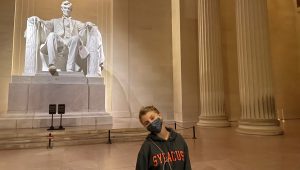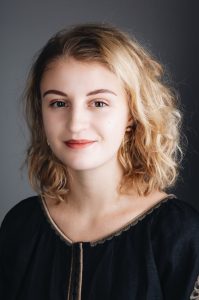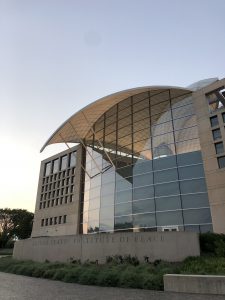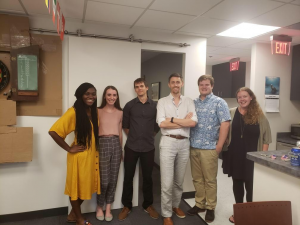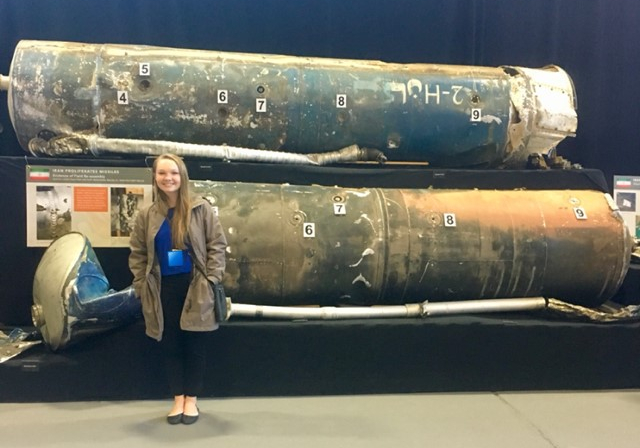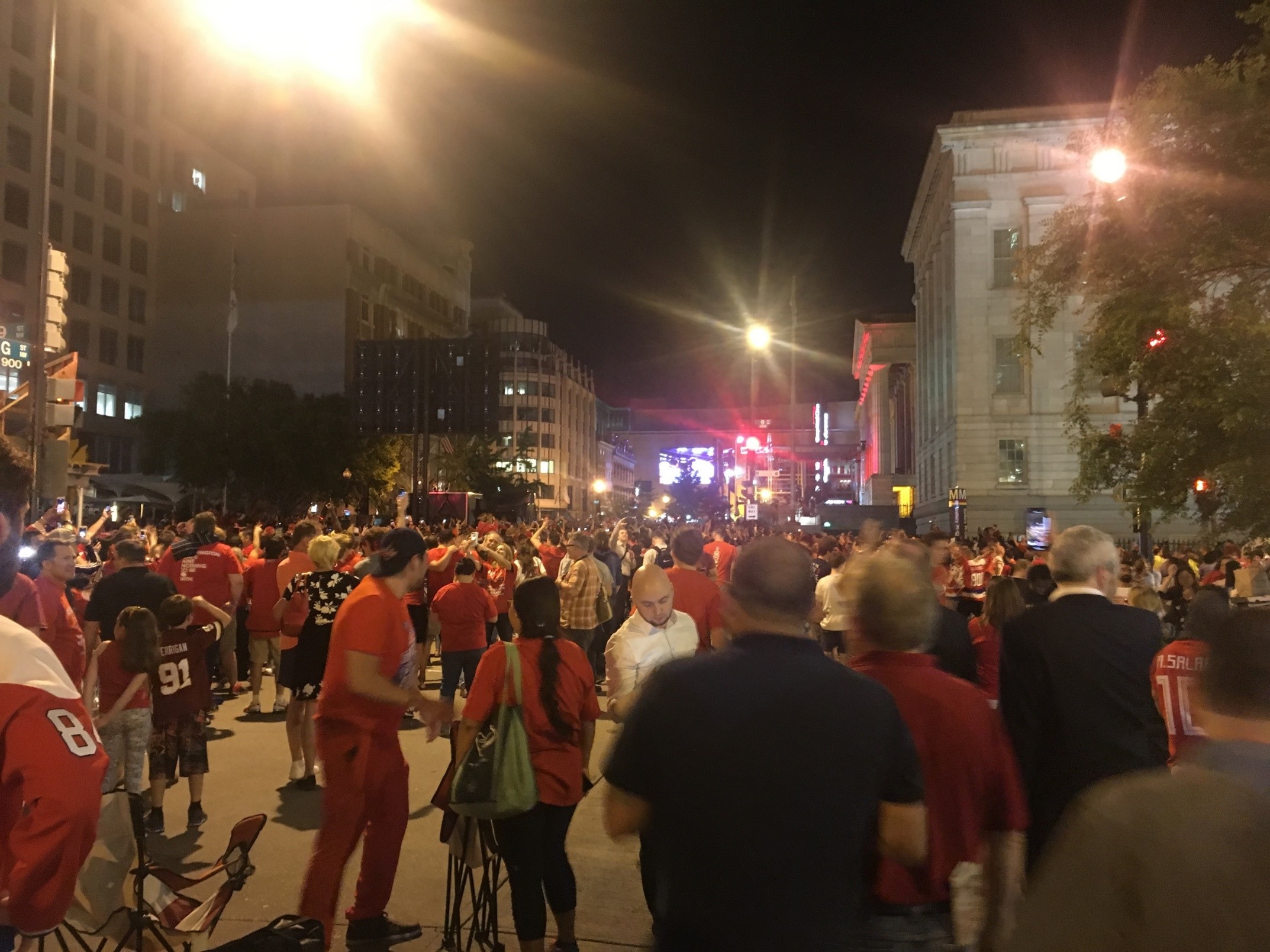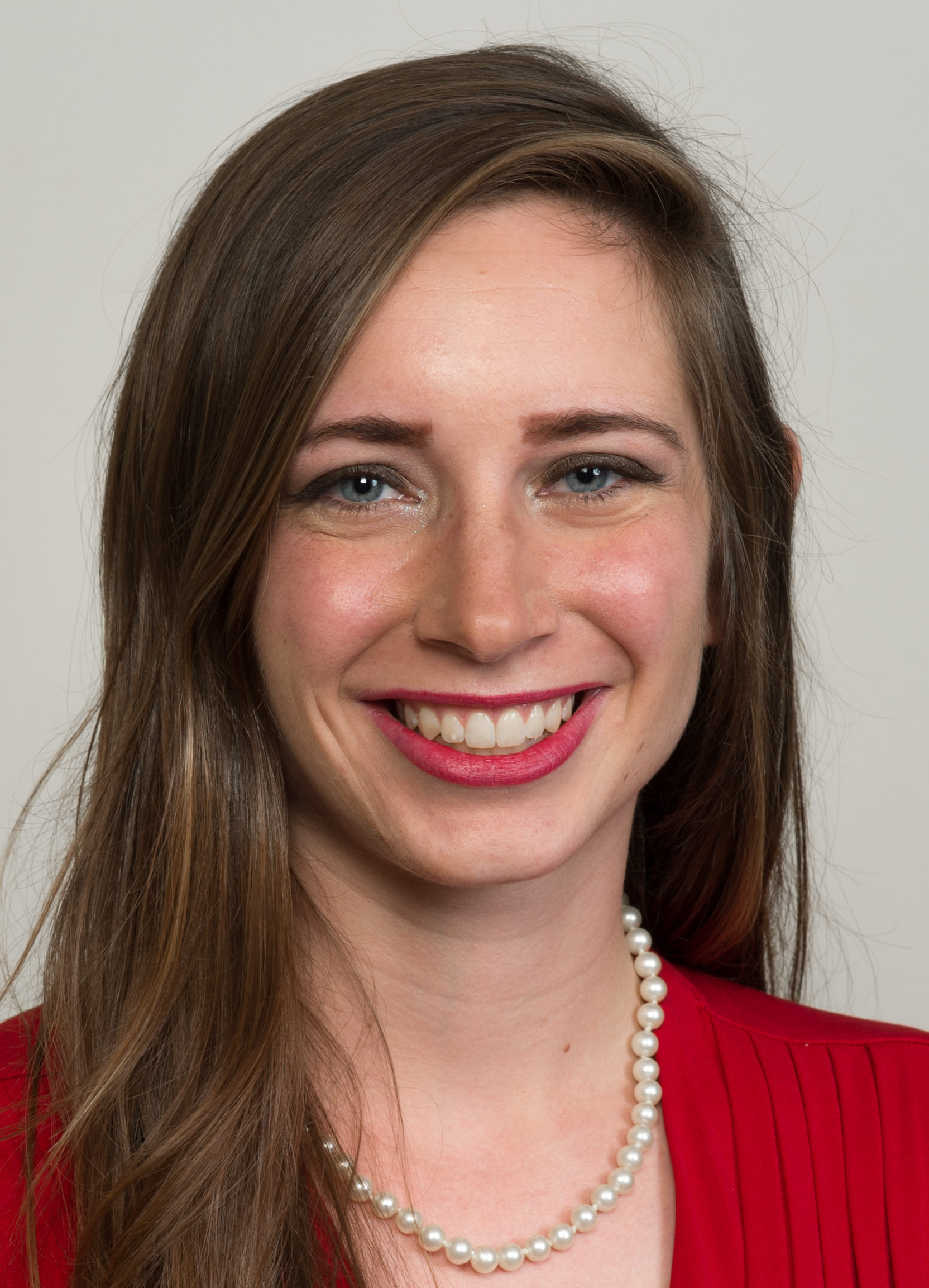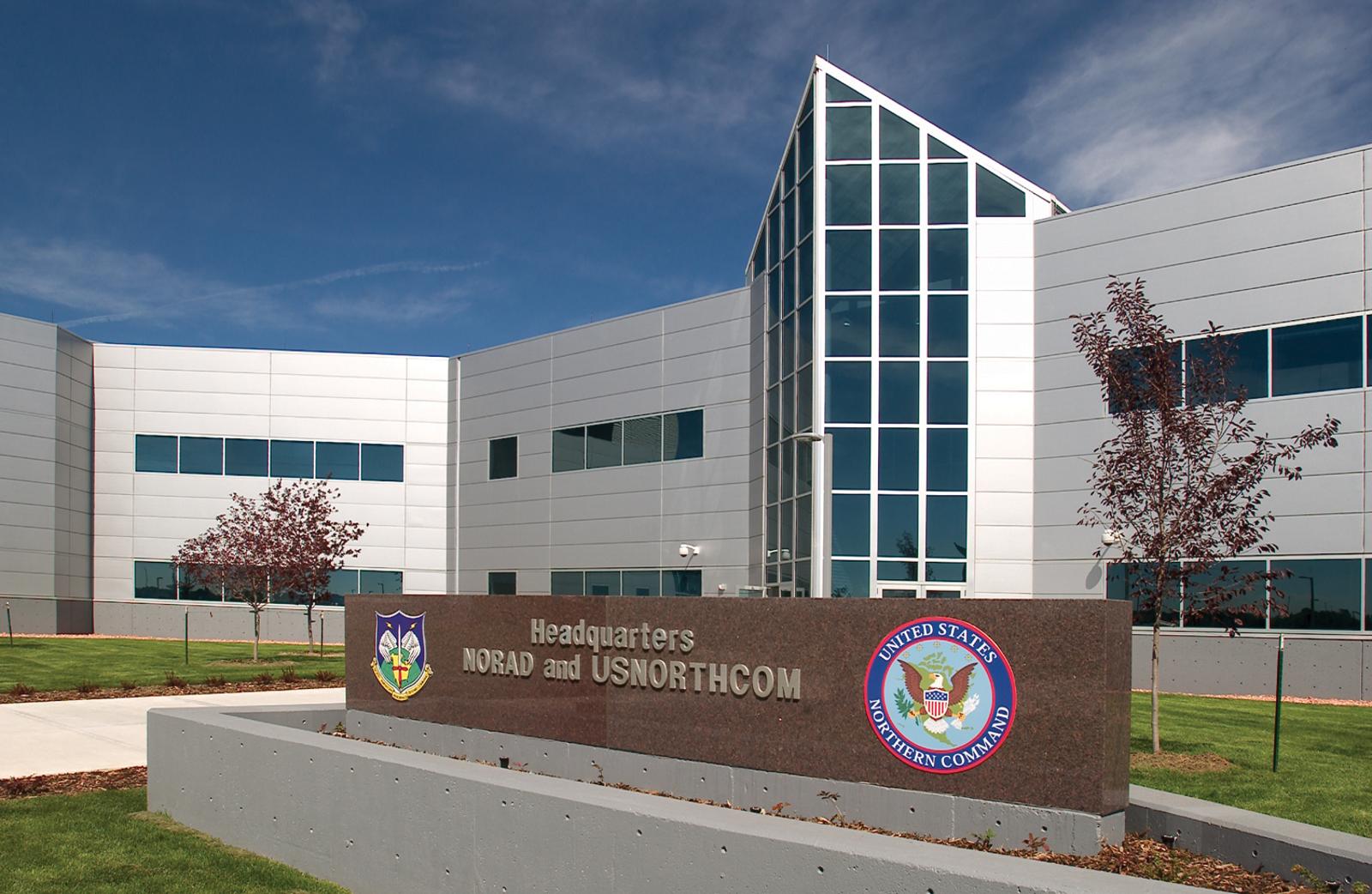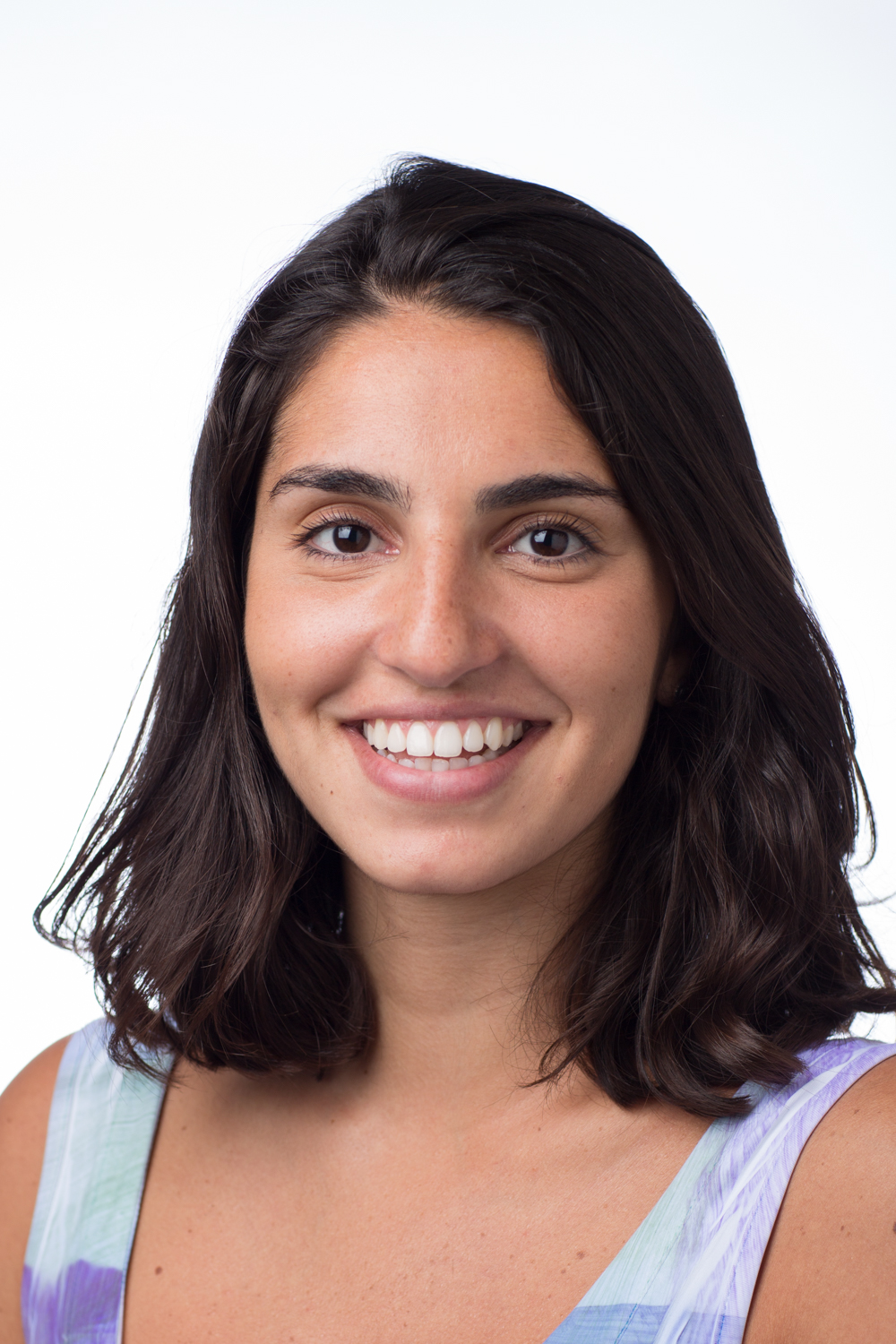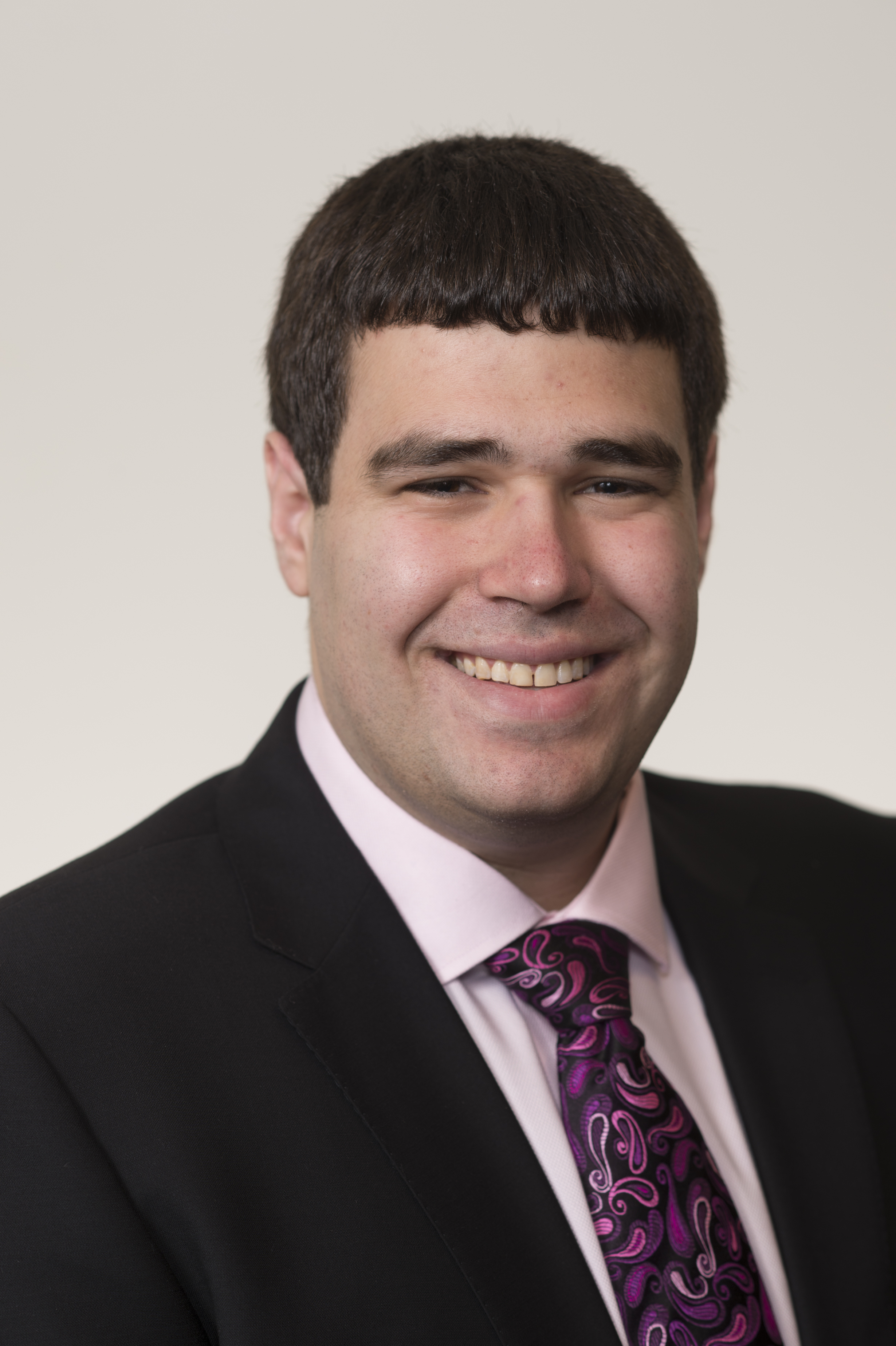I spent my Fall 2020 internship as a Writing and Research Intern for InSight Crime. InSight Crime is a think tank dedicated to studying the top threats to national and citizen security in Latin America and the Caribbean, which is the threat of organized crime. Their mission is to deepen and inform the debate on these issues by providing the general public with regular reporting, analysis and investigation on the issue and state efforts to combat it.
I was excited about the opportunity to intern with InSight Crime because it offered unique and exciting work experience that was different from the traditional internship that one is likely to find in DC. The internship advertised itself as a program that allows interns to gain substantive experience reporting, researching, and writing, while increasing one’s knowledge of organized crime in Latin America. The experience lived up to these expectations and more. It was also the perfect match to my MAIR Peace, Security, and Conflict (PSC) concentration and future career aspirations of working on issues related to transnational organized crime.
My primary duties were focused on helping the Environmental Team investigate illegal mining, logging, wildlife trafficking, and deforestation in the Amazon Rainforest. While I initially knew very little about the scope of these criminal activities, I gradually became familiar with the topic, its regional and international context, and its impact on society.
InSight Crime also allowed me to work with its publishing department to write articles for their website. Working with this team gave me first-hand experience in scraping websites for news related to organized crime, pitching potential articles for publication, and the opportunity to author byline articles. It was also an informative look into the world of journalism.
My internship with InSight Crime truly was a memorable and rewarding experience. I had the incredible opportunity to work alongside some of the most intelligent and dedicated individuals, while simultaneously building investigative and research skills that are applicable to multiple different industries. If you have an interest in the topic and can speak Spanish, I would highly recommend this opportunity for its substantive and rewarding work.

